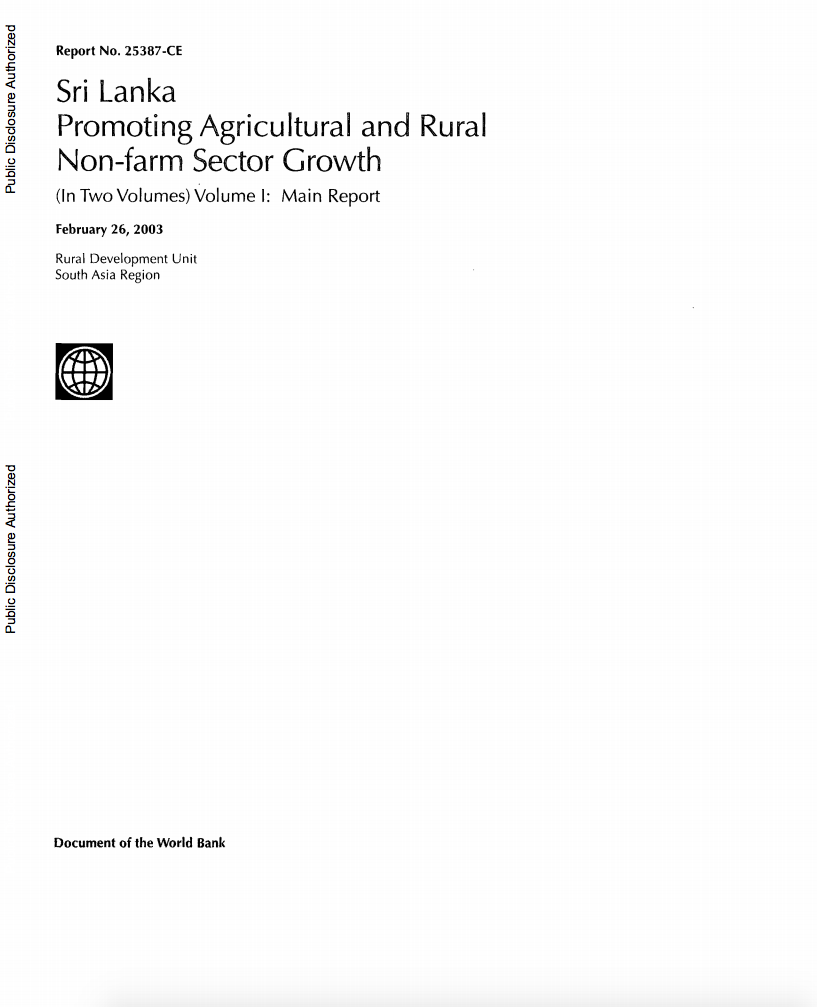Long-Run Impacts of China's WTO Accession on Farm-Nonfarm Income Inequality and Rural Poverty
Many fear China's accession to the
World Trade Organization (WTO) will impoverish its rural
people by way of greater import competition in its
agricultural markets. Anderson, Huang, and Ianchovichina
explore that possibility bearing in mind that, even if
producer prices of some (land-intensive) farm products fall,
prices of other (labor-intensive) farm products could rise.
Also, the removal of restrictions on exports of textiles and


